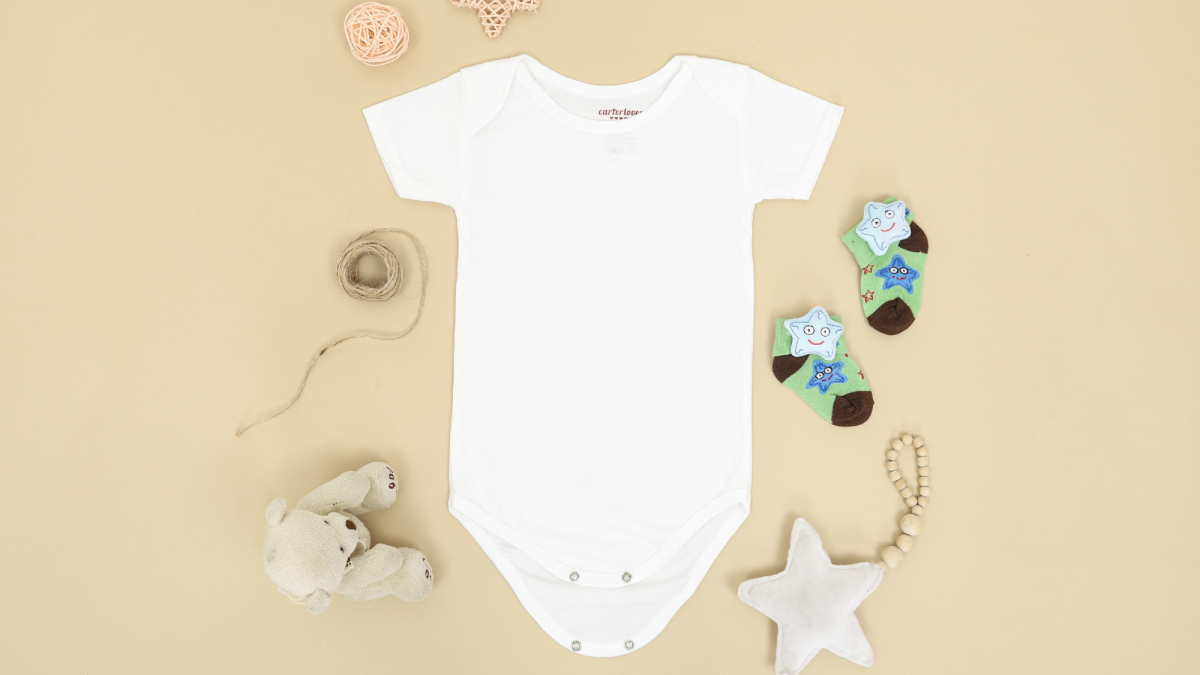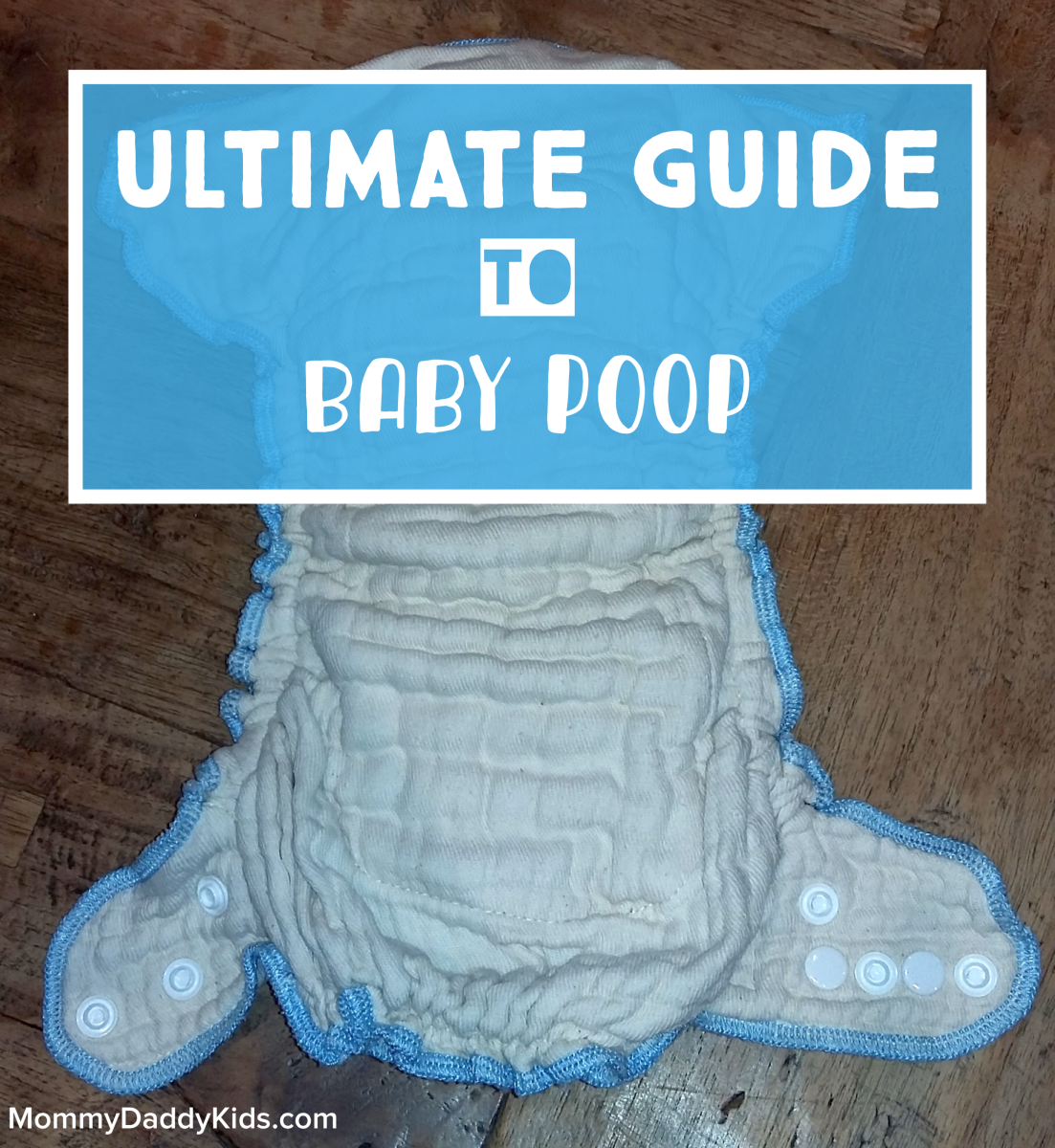Types of Baby Formula
Choosing a formula for your baby is one of the first and most important choices you will make for your child. There are more choices now than ever before, making the task seem a bit daunting.

- Early Symptoms of Pregnancy
Although every woman is unique, there are some universal early signs of pregnancy that may be experienced to one degree or another. Some women may have symptoms right away, within a week of conception. For... - Choosing the Best Baby Formula: Organic Infant Formu...
Weve all heard it breast is best but there are situations in which breastfeeding isnt the right choice for a mother and child or simply not possible. In this case, as mothers, we obviously want...
Basic types of baby formula
There are 3 basic types of baby formula: iron fortified formula, soy formula, and elemental formula. These formulas differ primarily in the type of sugar and protein they’re made of.
Iron fortified formulas, such as Enfamil Lipil, Nestle Good Start Supreme, and Similac Advance, are comprised largely of lactose and proteins from cow’s milk. The American Academy of Pediatrics (AAP) recommends iron fortified formulas for all infants.
Soy formulas, as opposed to cow’s milk-based formulas, contain soy protein and have no lactose. Examples of these are Enfamil ProSobee, Similac Isomil, and Nestle Good Start Supreme Soy. Infants who are lactose intolerant (which is rare) or experience adverse reactions to milk proteins are good candidates for soy formulas.
Like soy formulas, elemental formulas are also lactose free. However, they differ from soy formulas in that they contain hydrolysate proteins, which are ideal for infants who are allergic t certain proteins. Examples of elemental formulas are Nutramigen, Pregestamil and Alimentum.
Forms of baby formula
Once you have decided upon the type of baby formula that is right for your infant, you will also need to decide upon a form for the formula. You can purchase formula as a powder and mix it with water to prepare it (be sure to follow the directions when mixing it, as different powders require different amounts of water). Concentrated liquid formulas require a similar process.
Ready-to-use formulas, as the name implies, require no special preparation, and can be fed directly to your infant. Ready-to-use formulas tend to be more expensive, while powder and concentrated liquid formulas are generally less expensive.
Some powders such as Enfamil with Iron, Lactofree and ProSobee come in single servings to be mixed in a 4 ounce bottle, making it easier for you to prepare them.
How to choose the right formula for your baby
If you have chosen not to breastfeed your baby—or not to do so exclusively—you will need to pick a formula that suits your baby best. One thing to consider is any family history of food allergies or problems with certain kinds of formula. If these types of intolerances run in your family, consider beginning with a soy or elemental formula rather than one that is cow’s milk-based.If your baby has adverse reactions to lactose, there are lactose-free formulas such as Lactofree and Similac Lactose Free. Keep in mind, however, that these formulas do contain cow’s milk proteins, and that it is rare for infants to be born lactose intolerant.









